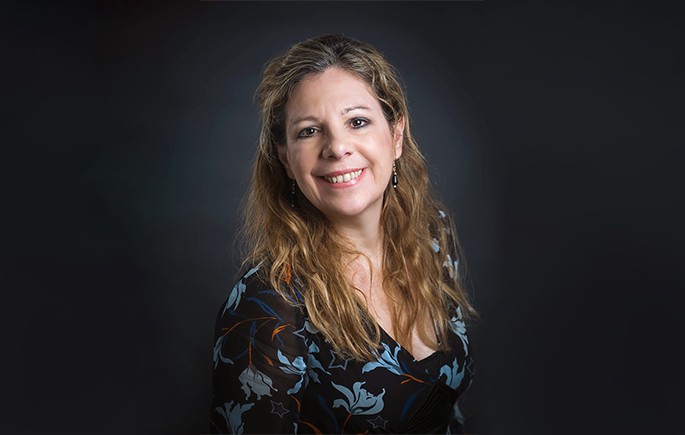The Power of “I Don’t Know” in Coaching
In the world of mindfulness, there is a paradoxical and transformative concept known as the “I do not know” mind attitude.
Adopting an “I don’t know” mindset can be an invaluable asset to both coaches and clients, even if it seems counterintuitive.
In this article, I will focus on six fundamental aspects of the “I don’t know” attitude that help and enrich the journey of coaching and mindfulness.
1. Understanding the “I don’t know” mind
This mindset, at its core, invites us to approach life with the freshness and wonder of a beginner’s mind, freed from the limitations of what we think we know.
Socrates said, “I saw that I saw nothing”.
In a society that loves expertise and certainty, adopting the “I don’t know” mindset can seem complicated and scary, especially when we believe that the coach (or anyone in their field is an expert).
2. Freedom from criticism:
Our mind is constantly judging and criticizing.
Especially in a coaching meeting – even though we know that we as coaches do not have the answers – there is a voice within us that shouts that we must know it all. So, sometimes, we can judge ourselves harshly. When we recognize that we don’t have all the answers, we are less inclined to judge ourselves or others harshly.
This absence of judgment creates a space of compassion and acceptance, both for ourselves and for those we interact with.
3. Embracing uncertainty
Life is inherently uncertain, and the “I don’t know” mind invites us to embrace that uncertainty rather than resist it.
When we practice mindfulness (meditation), we don’t know what will emerge. So, there is room for uncertainty and obstacles that we may have to face. It is the same in coaching.
When we accept that we don’t always know the future, we free ourselves from the anxiety that often accompanies the need for certainty.
“I don’t know” is not a strategy. We don’t know.
In mindfulness practice, this translates into a willingness to be fully present in the here and now rather than worrying about what might come next. It allows us to be stable, grounded, and calm amid life’s unpredictability.
4. Cultivating curiosity
The “I don’t know” attitude encourages us to cultivate a sense of curiosity and wonder about the world around us. Instead of assuming we understand everything, we approach each moment with the question, “What can I learn from this?”
In this way, we can deepen our awareness of the present moment. We become open to exploring our inner and outer experiences.
The “I don’t know” attitude encourages coaches and clients to approach each session with fresh eyes and an open heart.
Instead of assuming as coaches that we have all the answers, we leave room for new insights and perspectives to emerge.
-For the coach, this means reframing questions to invite curiosity rather than criticism.
-For the client, it means being receptive to self-discovery and personal growth without preconceived notions of who they should be or what they should achieve.
5. Room for growth
Perhaps one of the most powerful aspects of the “I don’t know” mindset is its ability to encourage personal growth and self-discovery.
When we relax and let go of what we know, we create space for new ideas, perspectives, and experiences.
When open, space allows us to surface hidden beliefs, fears, and patterns that may hinder the coachee’s (and coach’s) personal development.
6. Attendance and Connection
“I don’t know” is an invitation (and challenge, I would say) to inhabit the present fully. It encourages coaches and clients to let go of future expectations, enabling them to connect more deeply with the present moment.
Thus, the coach can give the coachee his full attention and listen with genuine curiosity and empathy without assuming he already knows the coachee’s thoughts or motivations.
The coaches, in turn, can participate and become more engaged in the coaching process without the burden of preconceived ideas about their goals or limitations.
When we accept that we don’t always know the future, we free ourselves from the anxiety that often accompanies the need for certainty.


When we approach people with an attitude of “I don’t know,” we create the conditions for deeper and more authentic connections.
The “I don’t know” mindset has the power to lead to profound inner growth and self-discovery, transforming not only the way we relate to ourselves but also the way we interact with the world around us.
So the next time you find yourself craving answers or certainty in coaching, consider and embrace the wisdom of the “I don’t know” mind and notice where it takes you on your coaching and mindfulness journey.
The Mindful Voice
Olga Papatriandafillou
Member of “Coaching Skills & Tools in Practice” Faculty
Mindfulness Teacher- Psychotherapist
Mindfulness Institute
www.mindfulnessinstitute.gr
Connect with Olga on LinkedIn here






